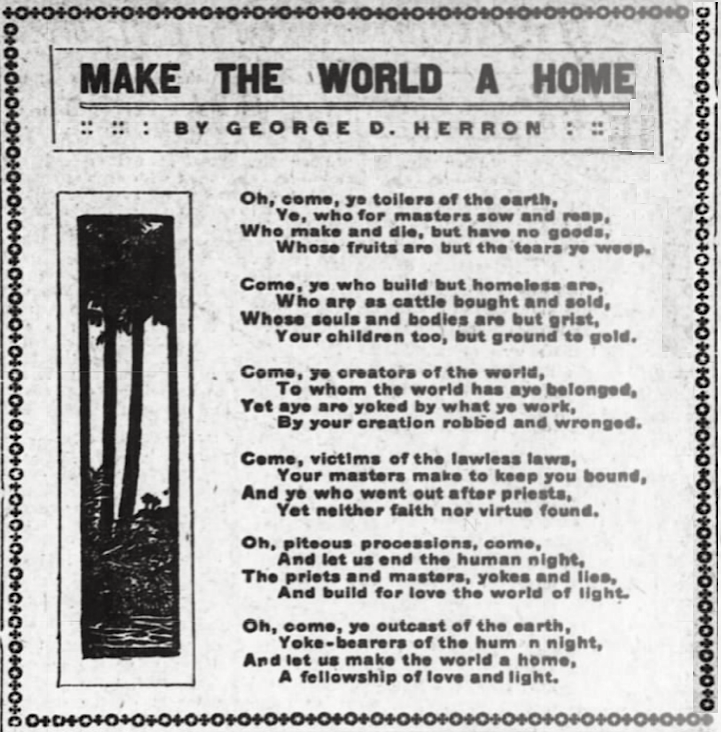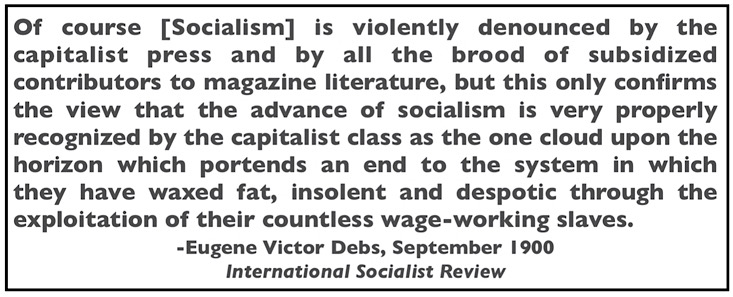 —————
—————
Hellraisers Journal – Thursday June 11, 1903
Eugene Debs Pays Tribute to Frederic O. MacCartney, Gone Too Soon
From the Social Democratic Herald of June 6, 1903:
—–
A COMRADE’S TRIBUTE!
Eugene V. Debs on the Tribune of the Proletaire:
Frederic O. MacCartney.
It is hard to write of the death of Frederic O. MacCartney. He belongs to the living, not the dead, and it will be long before we can realize that his eloquent voice is hushed and his great heart stilled forever. In the very spring of life-the ripening glory of his powers-he was cut down, and with such swiftness did the fatal blow descend that we who now stand over his prostrate flesh are so shocked and stunned that we cannot realize that death has come so near and snatched from us in all the flush of youth a comrade so loved and honored of us all.
Frederic MacCartney was an interesting, unique, and towering figure in the socialist movement. He had brain and heart, soul and conscience in large measure and fine proportion. He was a clear, clever, and versatile writer, a ready and resourceful debater, and as an orator had few equals in the movement.
MacCartney was born in Wisconsin, educated in Iowa, and received his theological training at Andover. It is fortunate that in his youth he came under the influence of George D. Herron, who then held the chair of Applied Christianity at Iowa College. The bright, honest, warm-hearted youth was soon impregnated with the new social philosophy and progressive spirit which at that time permeated the institution.
With such qualities of head and heart and such environment and training it is not strange that soon after he entered the ministry he concluded that creeds were cold and pulpits narrow. The more he thought about it the less theology satisfied the hunger of his soul. He sorrowed with the poor and wept with the oppressed and heavy laden. Something was surely wrong that this fair earth should be so scarred with misery. He investigated social conditions and studied economic science, gradually the darkness in which he groped was dispelled. The scales fell from his eyes and his vision was now clear. A new sun had risen for him. Henceforth his duty was plain and he would apply himself to his task with all the strength he could summon to his command.
Too honest to profess what he was not, he made without fear the full avowal of his convictions and as a sequence cleared the pulpit that was too narrow and dogmatic to hold him.
From the beginning he became a factor in the movement. He was filled to the brim with the spirit of international socialism. He felt himself aroused as if by Jehovah’s own command. He burned with the social passion for freedom, equality, and brother-love, and from his own intensity scattered the sacred fire among his fellow men.
At Rockland, his home, MacCartney was the idol of the working class; they loved and laureled him as their own hero, and even those opposed to him were moved to pay to him the tribute of respect.
The legislative labors of our comrade need no notice here, the General Assembly of Massachusetts will be poorer far without him and the people may well feel that they have lost a friend. With his two Socialist colleagues, MacCartney was a tower of strength in the legislative halls of the old Bay State. From the day they entered a new and distinctive power has been felt-a power with portent for the reign of capitalist corruption-the beginning of the end.
What pity, what pathos that such a brilliant career should be snuffed out at its very sunrise!
Ah, nature is forever the same-neither merciful nor vindictive-always inexorable.
Our dear comrade’s zeal exceeded his discretion. He had no thought that powers of endurance have limitations. Early and late, in legislative debate and committee room, on the rostrum, the street corner, anywhere, everywhere, all the time at work, pleading protesting, appealing, with tongue and pen in the name of oppressed and suffering humanity, his drafts upon nature were too deep and frequent and the inevitable protest followed, the protest sealed by death.

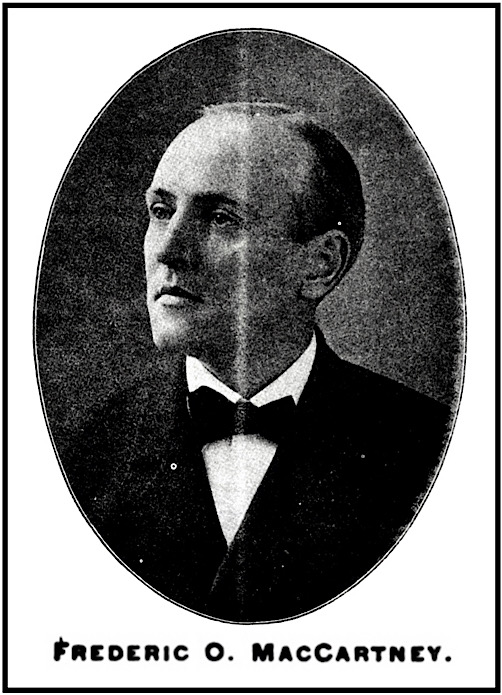
 —————
—————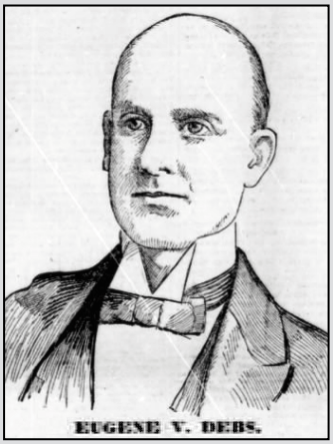 The socialist movement encountered a great shock at Buffalo a few days ago. One Quigley, a Catholic bishop, and another Stauffer (Stuffer?) of the Protestant persuasion, jointly and severally assailed social democracy, the latter gravely declaring that it was the “unhatched egg of anarchy”-in other words, a bad egg. The bishop vaulted into the arena, made due exhibition of his asininity, and in the name of the hierarchy proclaimed excommunication as the fate of all who cast their lot with the wicked socialists.
The socialist movement encountered a great shock at Buffalo a few days ago. One Quigley, a Catholic bishop, and another Stauffer (Stuffer?) of the Protestant persuasion, jointly and severally assailed social democracy, the latter gravely declaring that it was the “unhatched egg of anarchy”-in other words, a bad egg. The bishop vaulted into the arena, made due exhibition of his asininity, and in the name of the hierarchy proclaimed excommunication as the fate of all who cast their lot with the wicked socialists. ———-
———-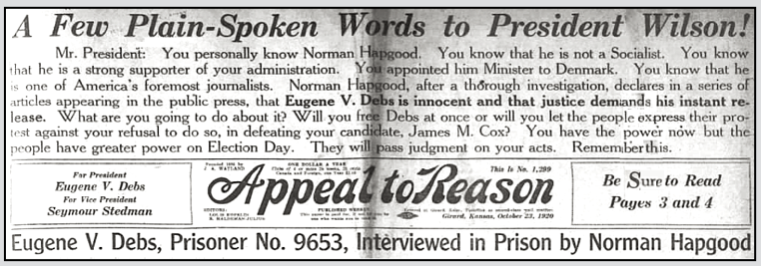
 ———-
———-